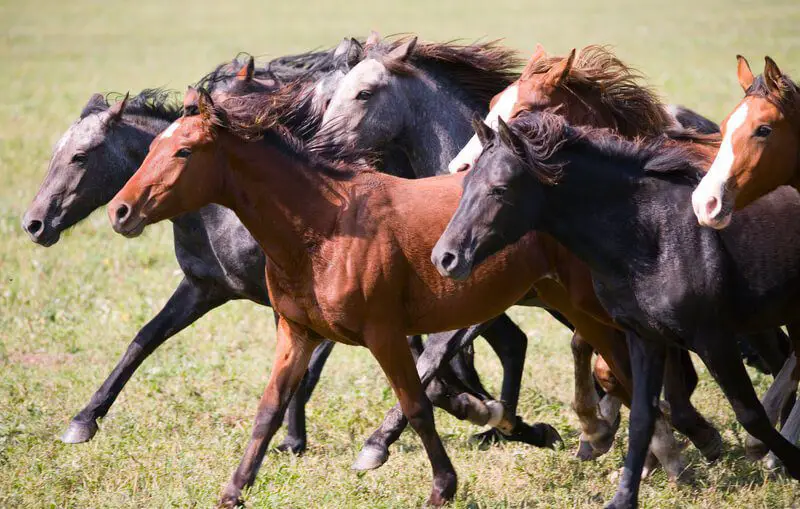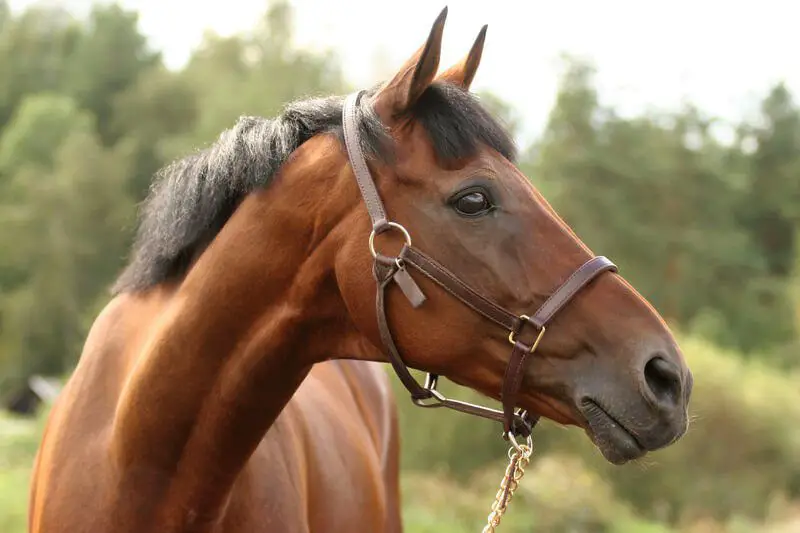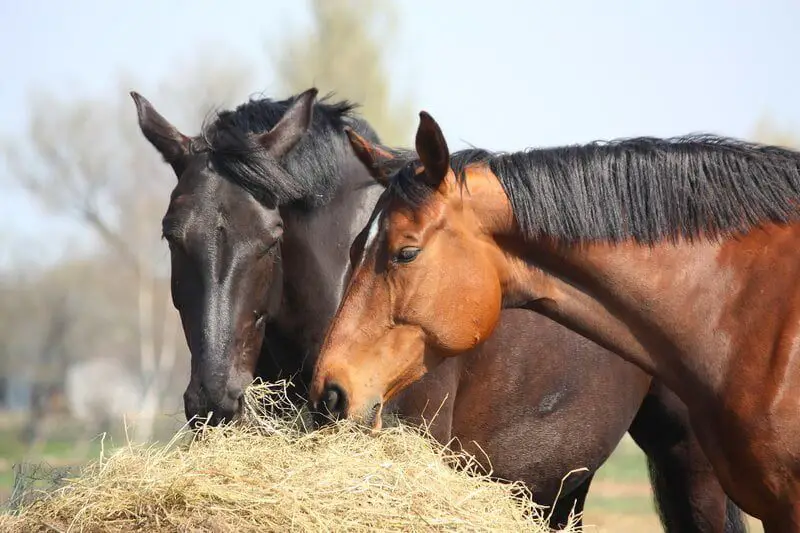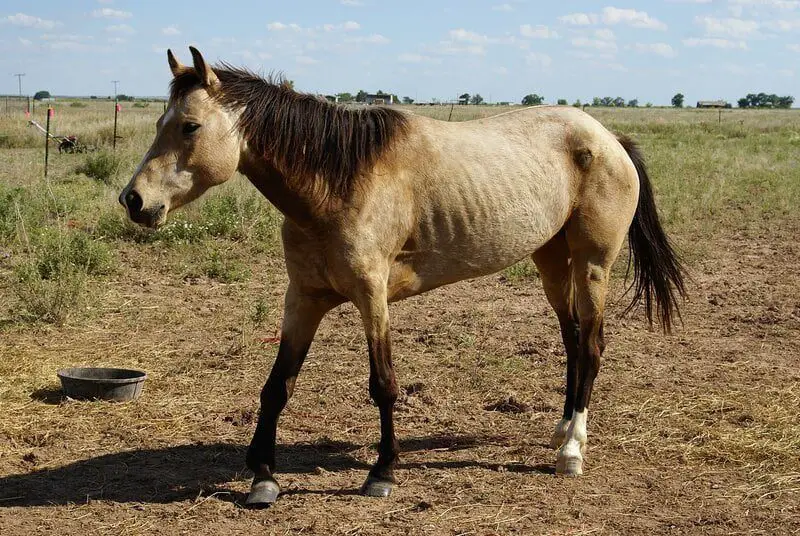Horses are prone to colic as they have a poorly designed digestive system and is the number one cause of death in horses. Colic is a condition that affects the digestive system of horses and can range from mild to severe. One of the most common signs of colic is when a horse starts pawing at the ground. As an owner, it is important to know how to recognize the signs of colic and what to do when they occur. The first step is to determine what type of colic your horse is experiencing. There are several types of colic, including gas colic, impaction colic, and twisted bowel colic. Each type requires a different treatment approach, and some may require veterinary intervention. If your horse is exhibiting signs of colic, such as pawing at the ground, it is important to act quickly. While some cases of colic can resolve on their own, others can be life-threatening. As a responsible owner, it is always best to err on the side of caution and call your veterinarian for advice. Together, you can determine the best course of action for your horse’s health and well-being. Is It Colic? As a horse owner, it can be concerning to see your horse pawing at the ground. This behavior can be a sign of colic, which is a common digestive disorder in horses. Colic can range from mild to severe and can be caused by a variety of factors. In this section, I will discuss the types, symptoms, and causes of colic to help you determine if your horse is experiencing this condition. Types of Colic There are several types of colic that horses can experience, including: Gas colic – caused by an accumulation of gas in the intestines Spasmodic colic – caused by muscle spasms in the intestines Impaction colic – caused by a blockage in the intestines Twisted gut colic – caused by a twisting of the intestines Each type of colic requires different treatment, so it is important to identify the type of colic your horse is experiencing. Symptoms of Colic There are several symptoms of colic that you should look out for, including: Pawing at the ground Rolling or lying down excessively Loss of appetite Restlessness or agitation Excessive sweating Increased heart rate Diarrhoea Difficulty passing manure If your horse is exhibiting any of these symptoms, it is important to take action to determine the cause of the problem. Causes of Colic There are many factors that can contribute to colic, including: Dietary changes Dehydration Parasites Stress Overexertion Intestinal blockages It can be difficult to determine the exact cause of colic, but identifying the potential factors can help you take steps to prevent it from occurring in the future. How to Treat Colic First Aid If I suspect that my horse has colic, I will immediately remove all food and water and monitor the horse closely. Walking the horse can help alleviate some discomfort and prevent the horse from lying down and rolling, which can cause further damage, however walking can also tire them out so don’t walk continually for long periods of time. I will also check the horse’s vital signs, including temperature, pulse, and respiration rate, and record them to provide to the vet if necessary. If the horse has not passed manure in a few hours, it is always best to consult with a vet. Medical Treatment If the horse’s condition does not improve within an hour or if the horse’s vital signs are abnormal, call the vet immediately. The vet may administer pain medication, fluids, and other medications to help alleviate the horse’s discomfort and treat the underlying cause of the colic. The type of colic will determine the appropriate treatment. For example, impaction colic may require more aggressive medical treatment, such as surgery, while spasmodic colic may respond well to medication and rest. If surgery is necessary, the horse will need to be transported to a surgical facility, and the vet will provide detailed instructions on how to prepare the horse for transport. Do You Need to Call a Vet? When to Call a Vet If your horse is pawing at the ground and showing other signs of colic, such as rolling, sweating, and refusing to eat or drink, it is important to call a vet as soon as possible. Colic can be a life-threatening condition, and early intervention is crucial for the best possible outcome. Even if you are not sure whether your horse is experiencing colic or another medical issue, it is always better to err on the side of caution and seek veterinary attention. What to Expect When the Vet Arrives When the vet arrives, they will likely perform a physical exam and ask you questions about your horse’s symptoms and behavior. They may also perform diagnostic tests, such as a rectal palpation, bloodwork or ultrasounds to determine the cause and severity of the colic. Depending on the type and severity of the colic, treatment options may include medication, surgery, or other interventions. Your vet will work with you to develop a treatment plan that is tailored to your horse’s individual needs. It is important to follow your vet’s instructions carefully and monitor your horse closely for any changes in behavior or symptoms. In some cases, colic can be a recurring problem, so it is important to take steps to prevent future episodes, such as ensuring your horse has access to clean water and plenty of forage, and avoiding sudden changes in diet or exercise routine. Remember, when it comes to colic, time is of the essence. If you suspect that your horse is experiencing colic, don’t hesitate to call a vet. With prompt and appropriate treatment, most horses can recover from colic and go on to lead happy, healthy lives.






